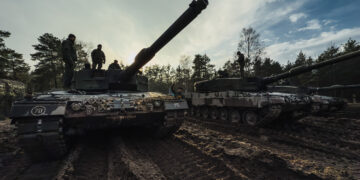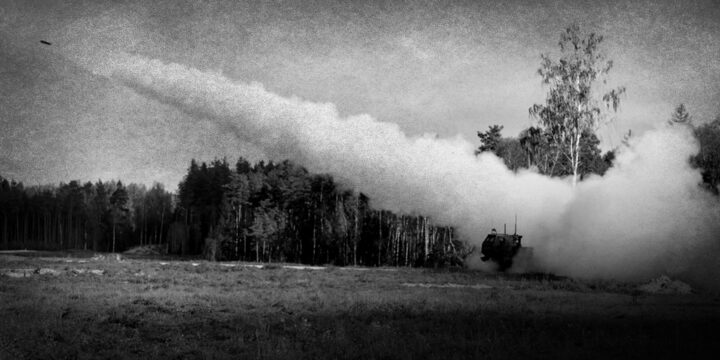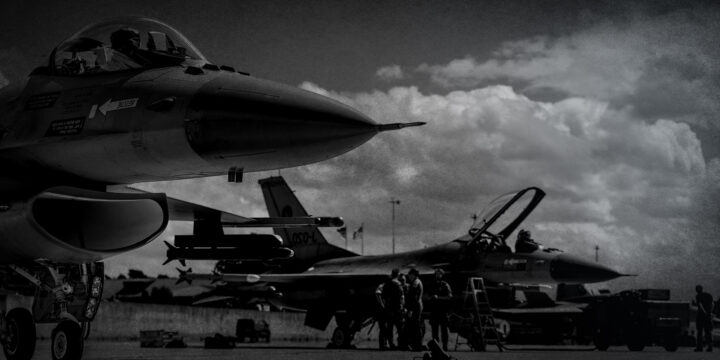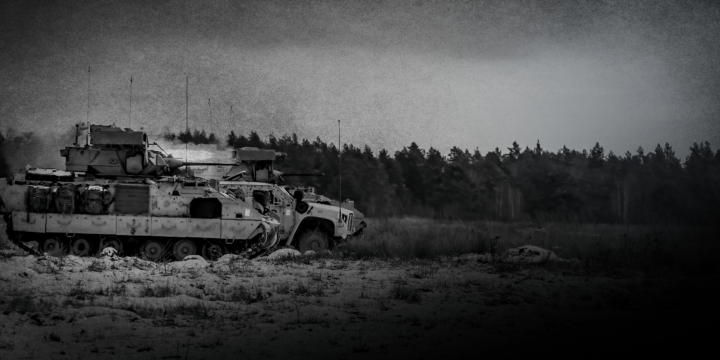February 13, 2025
The overwrought reaction to the Trump-Putin phone call
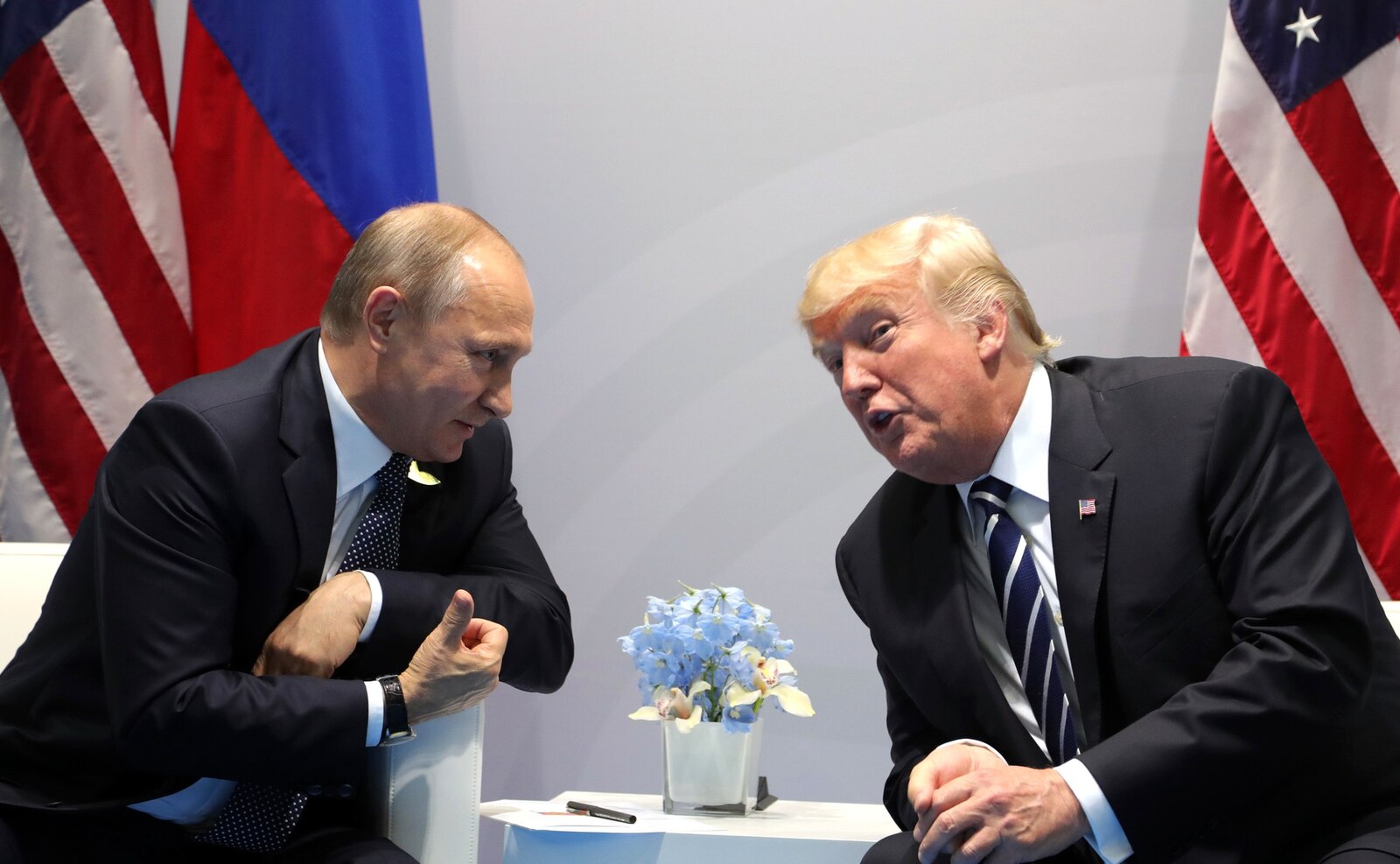
President Donald Trump called Russian president Vladimir Putin yesterday and discussed various topics, including the war in Ukraine, for an hour and a half. According to Trump, the two agreed to begin negotiations on ending the three year-long conflict immediately and even set up preliminary talks about traveling to one another’s capitals. Shortly after the call with Putin, Trump dialed Ukrainian president Volodymyr Zelensky for yet another conversation that reportedly went ”very well.”
Trump’s call with Zelensky, of course, wasn’t the controversial part. Nobody had a problem with it. The dialogue with Putin, however, was apparently blasphemy, akin to violating all of the Ten Commandments on the same day. Judging by the reaction from European officials and most foreign policy analysts in the West, Trump not only sinned by talking with a morally repugnant brute like Putin who jails (and kills) his political opponents, invades neighboring countries and makes a mockery of the UN charter — he potentially upended the entire security order of Europe. With a single phone call.
It didn’t take long for the hyperventilating to begin. Carl Bildt, former Swedish prime minister, posted a picture of Neville Chamberlain after he returned from his 1938 conference in Munich with Adolf Hitler. The subtext wasn’t hard to find: Trump and his advisors are at risk of gifting Ukraine to Putin on a silver platter. Former British defense minister Ben Wallace invoked “the stench of appeasement” à la Munich 1938 in an op-ed, blasting US defense secretary Pete Hegseth for taking NATO membership for Ukraine off the table. European ministers are beside themselves; the Germans were particularly depressed, with German foreign minister Annalena Baerbock calling the Trump-Putin call “very much out of the blue,” as if Berlin was oblivious to the fact that striking a peace agreement between Putin and Zelensky is one of Trump’s top foreign policy priorities.
The Europeans do have a point on one thing: they should be a part of the negotiations. Trump, after all, ultimately wants Europe to take the Ukraine file on its shoulders. The war matters more to the Europeans than it does to the Americans by virtue of geography, so it’s only logical for Europe to participate in deliberations about what a diplomatic settlement would look like (assuming, of course, Putin is even genuinely interested in climbing down from his maximalist position; we’ve seen no sign of this yet).
Author

Daniel
DePetris
Fellow
More on Eurasia
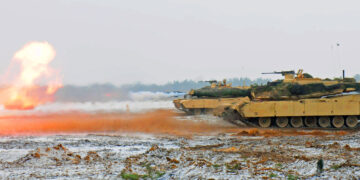
By Christopher McCallion and Jennifer Kavanagh
February 18, 2025
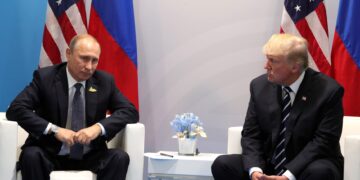
Featuring Jennifer Kavanagh
February 12, 2025


